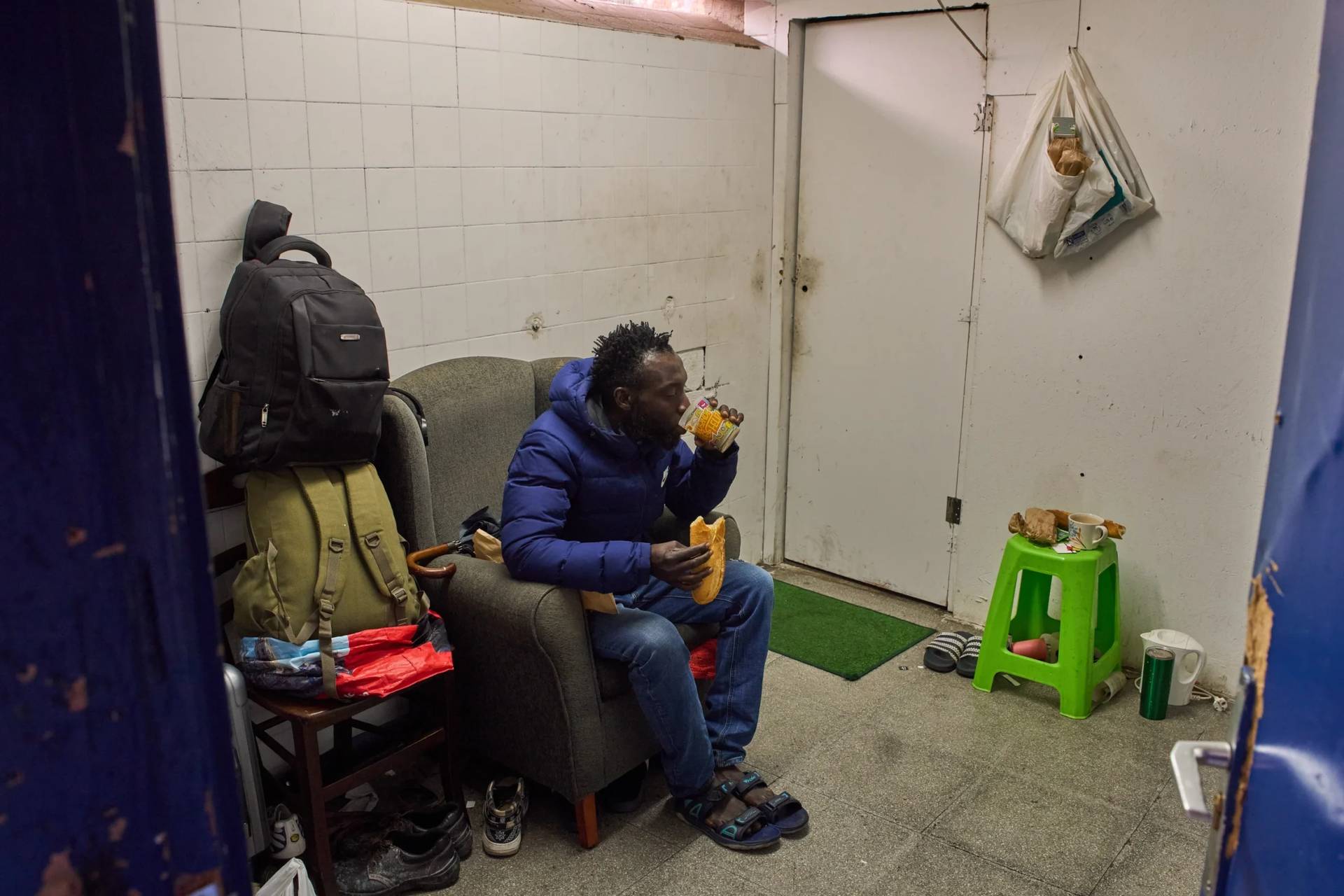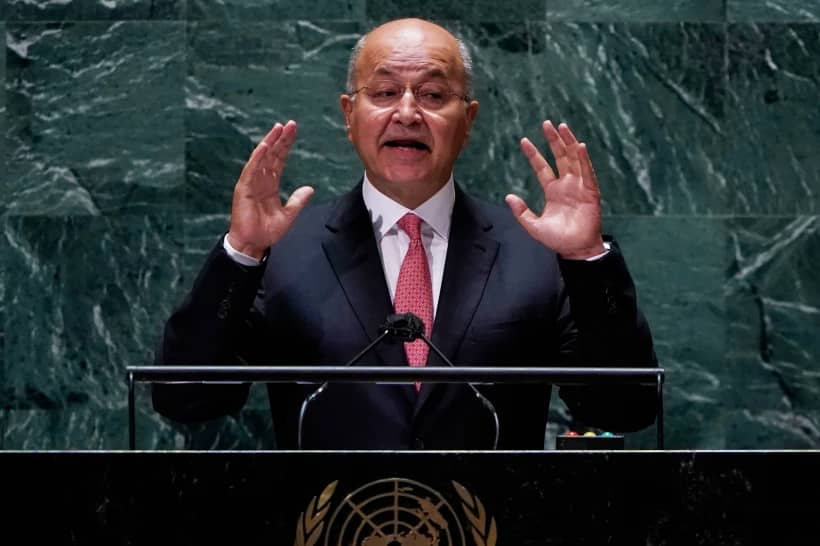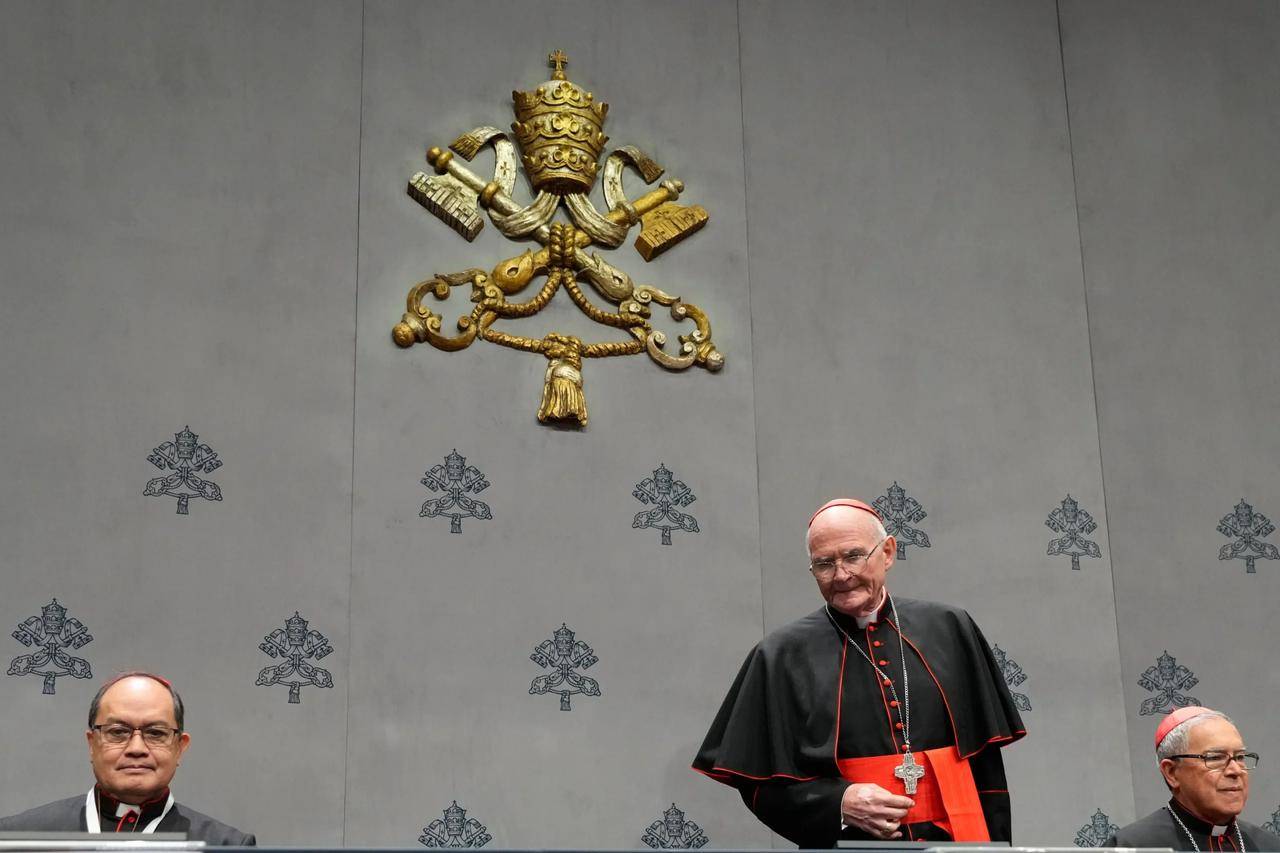ROME – Two years after the head of a lay Catholic group in southern Italy was accused of sexually abusing several underage girls over the course of at least 25 years, the local diocese has released a letter for all parishes in the area to interrupt any partnership with the association.
“I order that entities, institutions and organizations of the Catholic Church (parishes, religious institutes, recognized ecclesial associations) abstain or eventually interrupt activities made in collaboration with the community and the association before mentioned,” reads the letter sent by the Bishop of Acireale, Sicily, Antonino Raspanti and dated Oct. 18, 2018.
The letter refers to the Catholic Culture and Environment Association, or ACCA, whose lay leader Piero Alfio Capuana was arrested in August 2016 for allegedly sexually abusing ten underage girls under the pretense of being the incarnation of the Archangel Michael.

Previous reporting by Crux highlighted a paper trail of relations between the local diocese and ACCA, but previous statements released by Raspanti underlined that the association was “civil” and therefore unaffiliated with ecclesial authorities.
“The grave accusations made in the last months toward certain members of the so called ‘Community of Lavina’ and the ACCA association (Catholic Culture and Environment Association) of Aci Bonaccorsi have created disconcertment and scandal among the faithful,” the letter reads.
While stating that “it’s everyone’s hope to make clarity and provide justice” on the matter, the bishop makes no mention of the diocese’s lack of oversight on ACCA nor says that it will enforce control over the group in the future.
Meanwhile, ACCA is reforming its ranks in the peripheries of Catania and continues to claim that they “have always been practicing Christian Catholics” in a Facebook post dated Oct. 30 of this year.
In his letter, the bishop said that ACCA, “while declaring to be inspired by Christian principles is not of an ecclesial nature, it does not do, by its own admission, any ecclesial activities and is not formally recognized by ecclesial authorities nor does any tie with the Catholic Church exist.”
The mother of a victim, who whishes to remain anonymous to protect her daughter’s identity, told Crux in a phone call that the bishop’s letter represents and important step, but that she expects much more from the local Church in terms of atonement for the past and action in the present.
“We are determined,” she said, “we are not giving up.”












